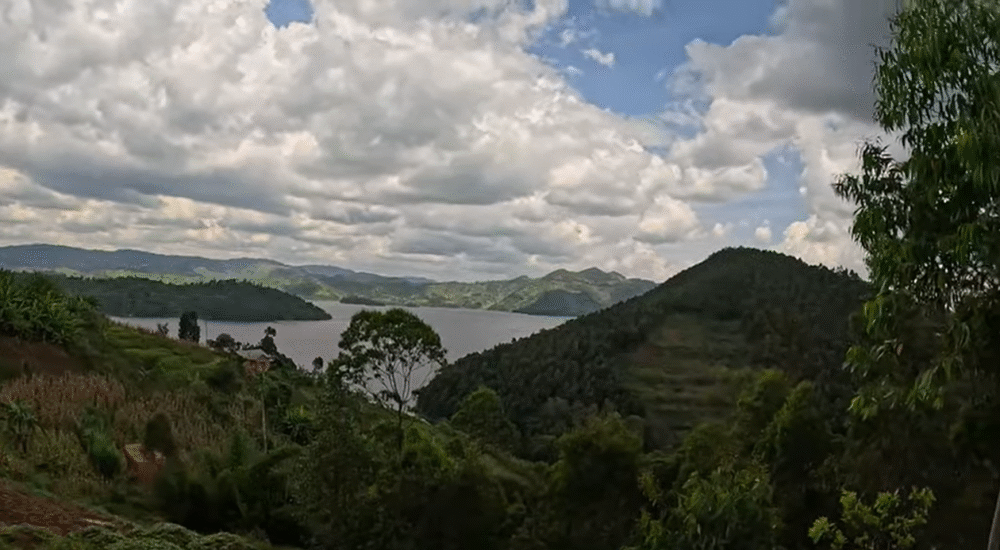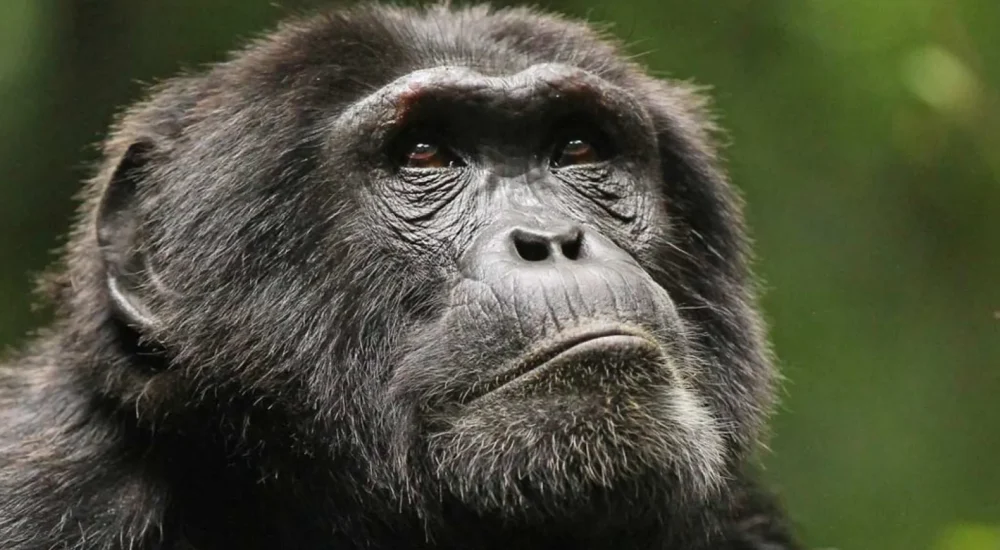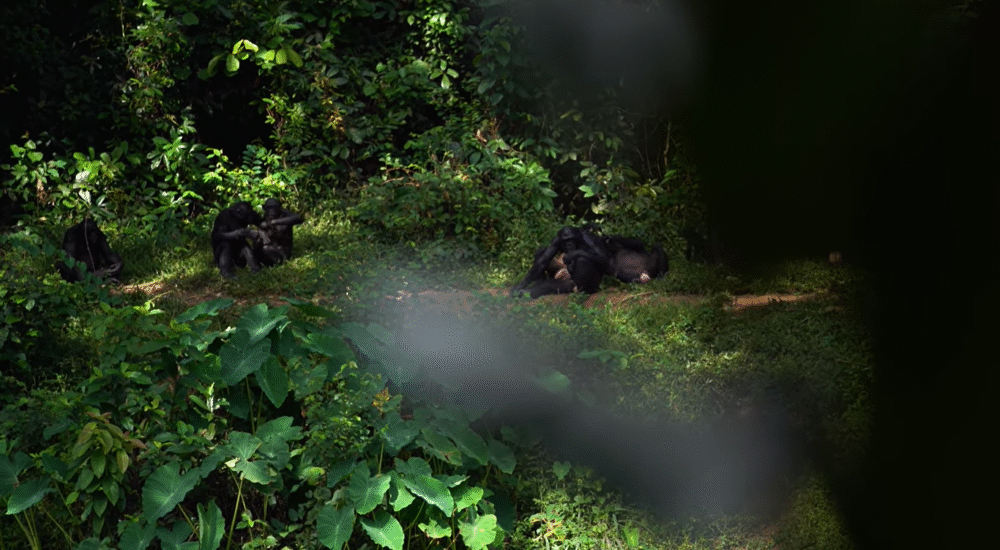Rwanda, known for its stunning landscapes and rich biodiversity, offers many unique travel destinations. One…
Gorilla Altitude and Acclimatization
Is altitude sickness a possible danger on gorilla treks? Gorilla Altitude and Acclimatization
Gorilla trekking is one activity done, but in the wilds, there are a number of elements that are liable to change (variables), of which altitude is one. There is usually Altitude sickness as regards the Gorilla Trekking Experience and adventures in Uganda, Rwanda, and the DRC that take place above 2500 m. Mountain gorillas live mainly at an altitude of between 2200 and 3000 m (high altitude), which in most cases can be challenging for trekkers and tourists to hike through while in search of the gorilla family, which in most cases requires adequate training in advance before the real trek occurs. This helps you or enables you to become accustomed to the strenuous, steep slopes in the gorillas’ natural habitats.
This wonderful experience or activity does occur mainly in dense, dark rainforests and steep slopes, and all of these require a lot of energy. There are 2 different stages/episodes taken while in this wonderful Primate Adventure. They will take you through a simple hike right straight from the car park to the Jungles and National Park boundary, which is about 1/2 or 1 hour’s hike, depending on your speed of hiking and the position of the gorilla family.
Another phase will take you through the jungle itself to see a group of these massive primates as they mix themselves with the green vegetation, and you will be escorted by well-trained and qualified park guides. This makes it easier for one to tell what the first stage of the activity is since it takes you through the gentle landscape. You may need longer hours to hike/trail through since its altitude is so energy-demanding, and the same is true of the Nkuringo Gorilla Group of Bwindi National Park, which offers demanding treks.
This other stage is more demanding and cannot easily be estimated since it depends on the particular sector/region where these gentle giants are situated in the course of the day and the sector’s level of steepness. The thickness of the vegetation cover where you have to bend and crawl through the jungles in search of these gorillas also determines the toughness of the area. In this stage, it will cost you 2–8 hours less or more, depending on your hiking speed and the above elements.
In addition, there are other elements considered, like age, physical ability and fitness. For instance, if you are to trek the Susa, Amahoro and Umubano, you have to be fairly fit—at least 40 years old—because hiking through these groups is more demanding and requires a lot of energy. On the other hand, the Sabyinyo, Agashya, Hirwa and Kwitonda families are normally uncomplicated, easy to get, and straightforward.
You can begin training or exercise before the real trek. In doing so, you will get physically fit and be able to trek with a lot of flexibility and ease when it comes to higher altitudes. Hikes done during the low seasons (wet or rainy seasons) can be quite demanding as you go through the steep slopes and muddy and slippery areas, which necessitate that you be physically able and fit. There is no need to think less about the tiring influence that accumulates from the altitude, leading to treks occurring between 2500 m & 3000 m.
However, there are trekking sticks that you are obliged to/ought to have while on a trek activity, and you can have one at the park head offices during the briefing. You need to have enough energy to give snacks and adequate bottled/drinking water to keep on being revitalized and be able to make a complete hike. Bwindi Impenetrable National Park’s altitude ranges between 1160 m & 2607 m, described by dense, dark rain forest, which pushes you to be physically fit so as to be able to make a full-arranged hike while in search of the gentle giants (mountain gorillas).
Therefore, when you get the thought of going gorilla trekking in Africa, be sure to face some demands since this activity (Gorilla Trekking) is done in a thick, dense Rainforest with an Altitude of about 2500 m to 3000 m. So be well-equipped, prepared and physically fit (do some exercise prior to the exact/real Gorilla Trek activity).


